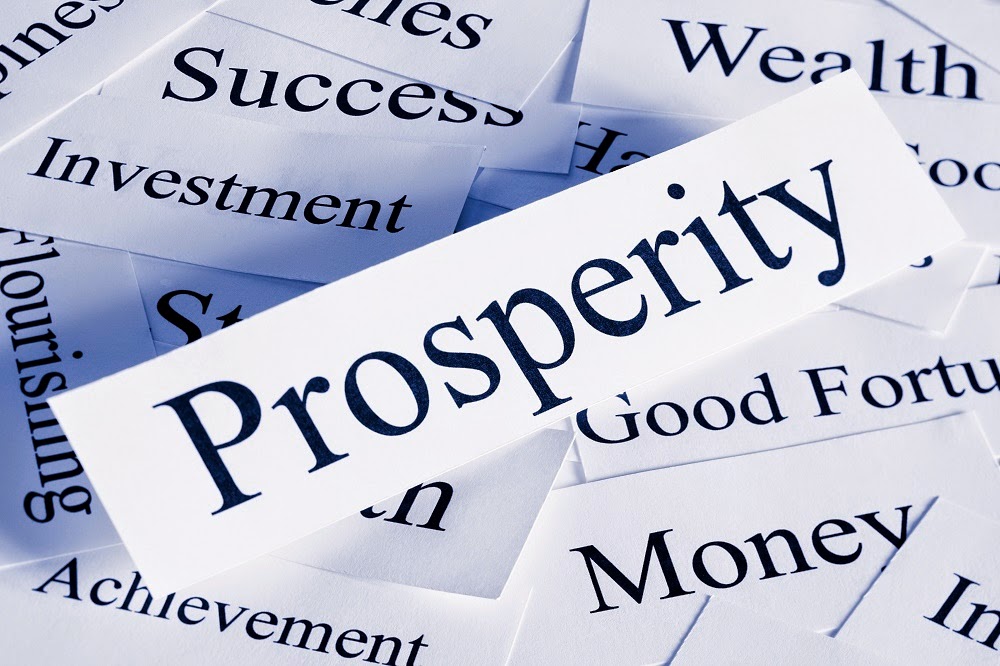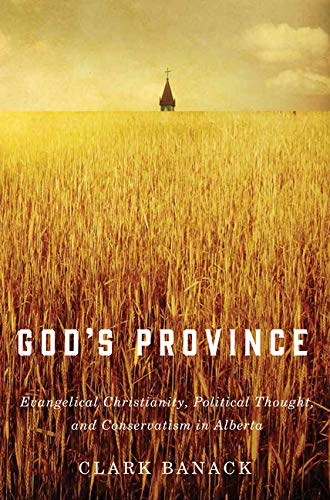
A great question. I can offer a partial answer.
Governments are motivated by a host of factors, including their party's ideological principles, public opinion, and their sense of what the community will accept.
The latter is what many call "political culture." (Thread)
Governments are motivated by a host of factors, including their party's ideological principles, public opinion, and their sense of what the community will accept.
The latter is what many call "political culture." (Thread)
https://twitter.com/paulgenge/status/1330618275500212227
Political culture is the unspoken norms that guide politics in a particular community. These values define the boundaries of acceptability - of what's okay to say, think, or do.
In the case of pandemic response, political culture is embodied in our collective sense of "what Albertans will accept," whether it be mandatory masking, vaccination, or lockdowns.
Political culture is not the same as public opinion. Just as climate isn't the same as weather. And just as a quilt is more than a collection of individual patches.
Public opinion polls show that, as individuals, Albertans will accept far more restrictions than the government is imposing. So why isn't the government acting?
Part of it has to do with the UCP's neo-liberal approach. (See my thread from earlier today.)
But part of it has to do with broader conceptions about how mandates and lockdowns align with the *community values* Albertans have come to accept over many generations.
But part of it has to do with broader conceptions about how mandates and lockdowns align with the *community values* Albertans have come to accept over many generations.
Political culture is embodied in symbols, myths, stereotypes, and the stories we tell ourselves. It creates a sense of what it means to "be Albertan".
For this reason, when we study political culture, we move beyond surveys. Using focus groups, our @cgroundpolitics team asks participants to "draw me an Albertan". Most, as you can imagine, drew cowboys, farmers, and rig workers.
Indeed, regardless of their own personal backgrounds and beliefs, most people agreed that the "quintessential Albertan" was a middle-aged white guy working in agriculture or oil and gas. That tells us a bit about who Albertans picture when they think of "the Average Albertan" .
Governments and leaders think this way, too, whether purposefully or subconsciously. Like citizens, they are guided by a sense of what "Joe the Farmer" or "Al the Oilworker" will accept. Would Al or Joe accept a PST? No? Then it's not worth sticking my neck out to propose it.
Which brings us back to pandemic policy. In his remarks to Albertans, @jkenney has hinted at what he thinks Albertans will accept. He's used the phrase 'I never thought an Alberta premier would contemplate a lockdown,' hinting at the bounds of acceptability in this province.
I wonder daily: if we were allowed back into the field to ask our focus groups "what would Joe think about a mask mandate, or a full lockdown?" Ironically, coronavirus prevents us from meeting with them to ask.
Based on what we've heard in our research, though, I think Joe would be conflicted. On one hand, Joe is decidedly libertarian. He wants decisions to be made by families, not governments. On the other, Joe has proven quite empathetic when misfortune touches someone he knows.
Joe was surprisingly progressive on topics of substance abuse, for instance, as it's an affliction that's reached into his communities. As the case numbers climb, Joe is more likely to know a victim of COVID-19. And that could change his view about state intervention.
So to answer the initial question, until elected government officials sense that Joe's mind has changed, we're not likely to see them change theirs.
• • •
Missing some Tweet in this thread? You can try to
force a refresh




